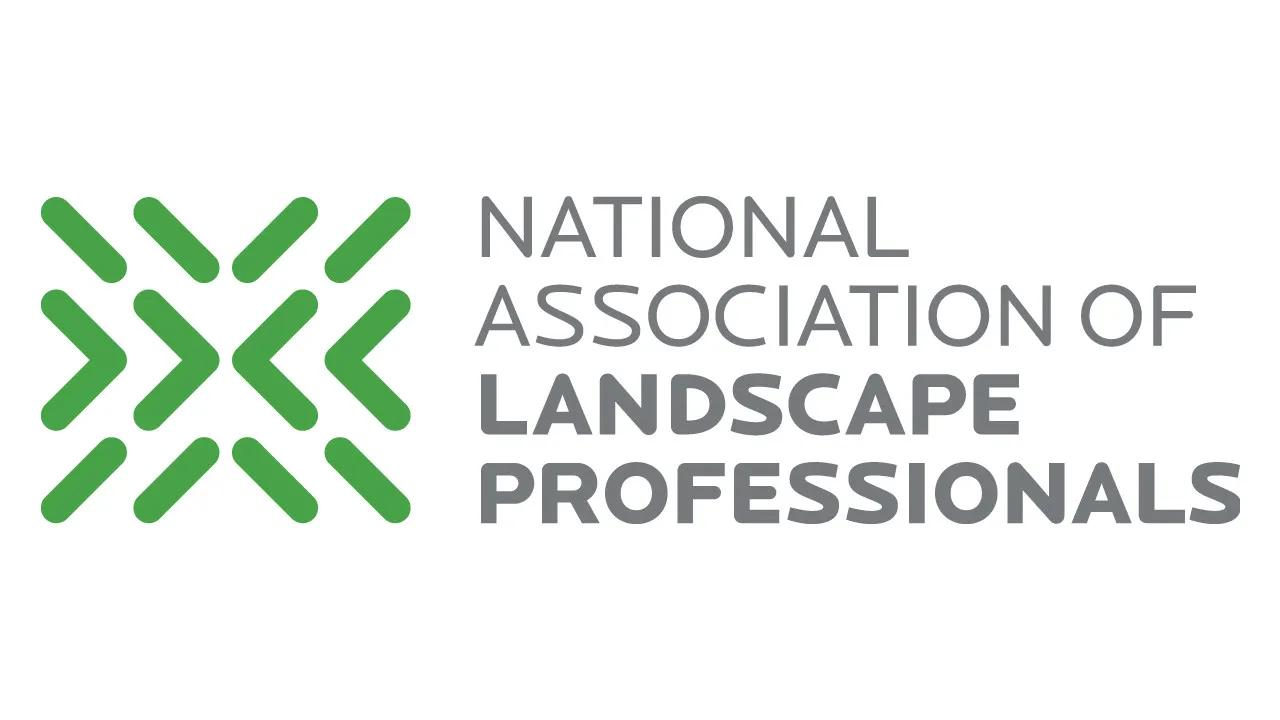2. Who from your company will be at my house during the project? This could be a company owner for a few hours or the whole day, or a lead technician or superintendent full time. Understanding staffing will help you get a handle on how job security will be handled and how much attention your project will get from staff at the jobsite and the owner. It'll also help you understand the skill level of those involved. 3. How do you handle scheduling? This is an open-ended question that can cover everything from how the contractor schedules staff and subcontractors to how a schedule is communicated to you. Many Gainesville landscape contractors use a task-based schedule with a start and end date to schedule not only your project, but the project that is scheduled after yours.
4. Who will communicate with me once the project starts? In some companies, the same person who makes the initial visit and designs your yard project is also the person who performs the work. In others, there may be separate salespeople, project managers, superintendents and a crew of laborers who perform the work onsite. Understanding how information about your project is handed off from one employee to another or kept track of by a single employee or owner is important. Know how the company works so you can compare it to others and select the one whose system best aligns with your needs.
5. Is my project your typical type of project? This is a great question that very few people ask. The answer will tell you if your project is larger or smaller than typical for the company and if it has processes in place to manage your project well. Management of remulching a yard versus installing a patio and retaining wall are two completely different scales - yet both are landscape projects. 6. Deal-breaker questions: Are you licensed for landscape/irrigation work in Alachua County (Water Star certified)? Can you provide insurance certificates? Do you have references?
These questions allow you to know if you're dealing with a professional or not. If a contractor isn't licensed and/or insured, they are not a professional and may not provide the quality of work to meet irrigation codes, community association requirements, or worse - protection from an injury lawsuit with one of the employees completeing the job.
7. Do you plan to subcontract any of the work? Knowing what work the contractor will do with his or her own forces and with subcontractors will give you a sense of how the contractor runs the business and the skills the employees will bring to your project.
8. How many projects do you have going at one time? Generally, the more employees a company has, the more projects it will be able to run concurrently. Asking this question will open up a conversation about the number of employees the company has and how multiple ongoing projects are handled. A follow-up question is, Will the person assigned to manage your project be managing other projects at the same time?
9. What can I expect at the end of the project in the way of paperwork? The final paperwork generally does include tips for long-term care and some information about warranties. It can also have as-built drawings showing the design of the landscape and/or irrigation system with a manual for the irrigation timer. Ask about this in advance so you know what you will receive and if you'll need to track something down or document something yourself.
10. Do you have any concerns about what we have planned, or think something might be a problem once we get started? This question will give you immediate feedback about the feasibility of what you want to do, and if there are any parts of the project that are obvious unknowns with price tags that cannot be easily estimated. Either way, it will yield useful information about what to expect as you move forward.

